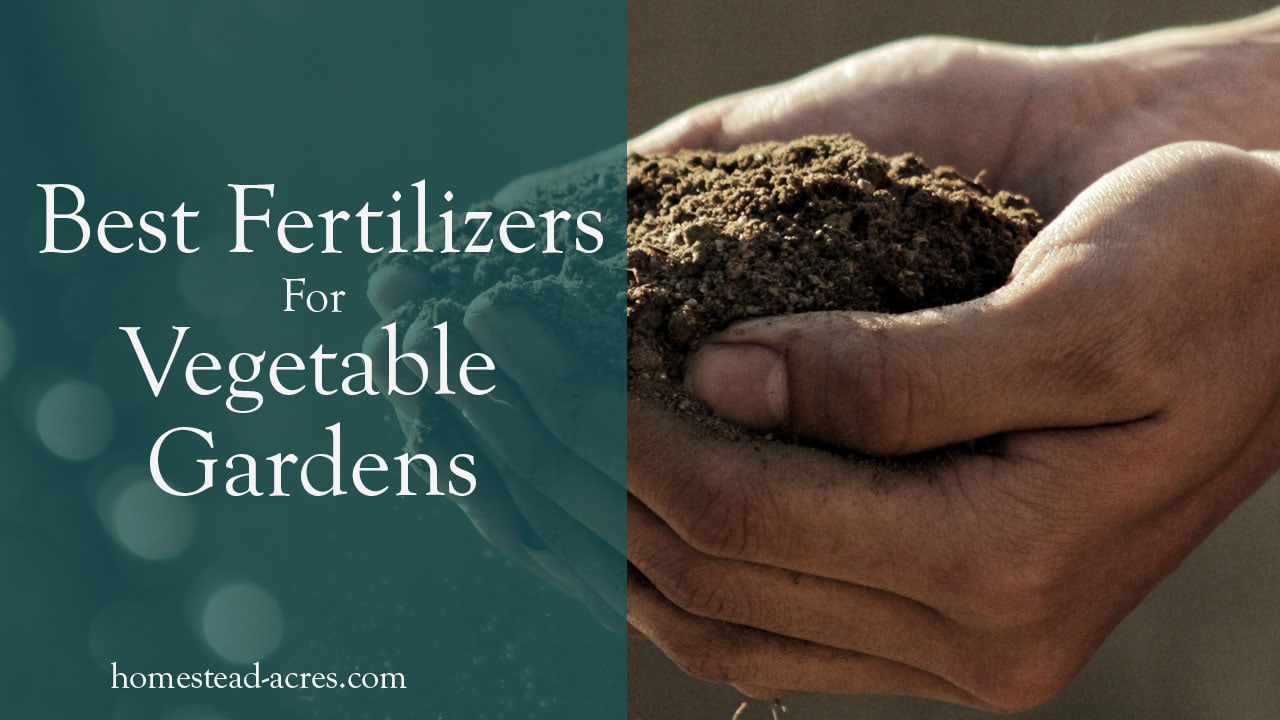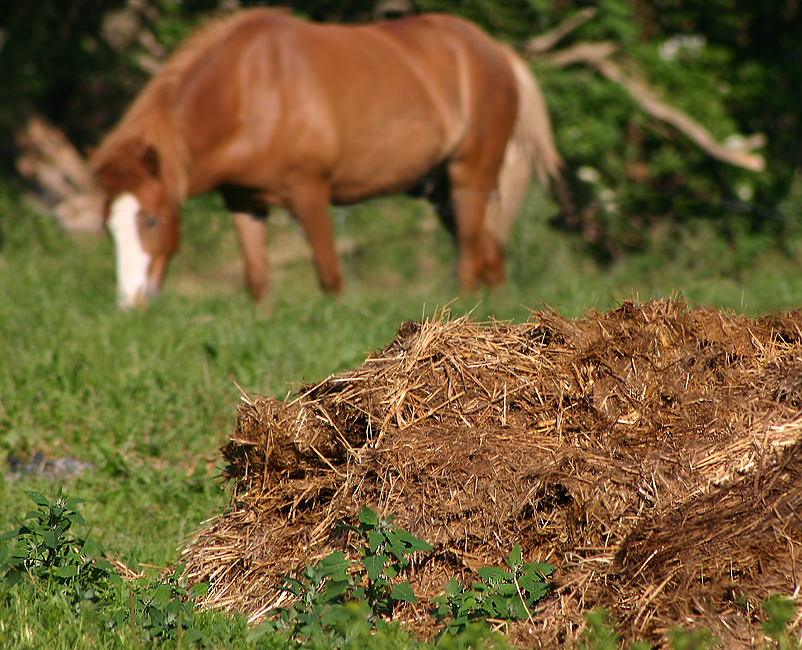Best Natural Fertilizers for Organic Gardens: Nourish Your Soil Naturally

Imagine your garden as a bustling city, with plants as the residents and soil as the foundation that supports them. Just as a city needs infrastructure to thrive, your garden needs nutrient-rich soil to flourish. But how do you enrich your soil without resorting to synthetic fertilizers? The answer lies in the best natural fertilizers for organic gardens. Let's dive in and explore the world of compost, manure, soil amendments, and organic matter to help you achieve sustainable gardening goals.
The Importance of Organic Matter in Gardens
Organic matter is the lifeblood of your garden. It improves soil structure, enhances water retention, and fosters a healthy ecosystem of microorganisms. Think of it as the bustling marketplace where nutrients are exchanged and plants come to shop. The more vibrant the marketplace, the healthier your plants will be.
Compost: The Gardener's Gold
Compost is often referred to as "black gold" by gardeners, and for good reason. It's a rich, dark material created from the decomposition of organic waste. Compost not only adds essential nutrients to the soil but also improves its structure and water-holding capacity.
How to Make Compost
Making compost is easier than you might think. Start by collecting organic materials like fruit and vegetable scraps, coffee grounds, eggshells, and yard waste. Layer these materials in a compost bin or pile, alternating between "green" materials (high in nitrogen) and "brown" materials (high in carbon). Keep the pile moist and turn it occasionally to aerate it. Within a few months, you'll have nutrient-rich compost ready to use in your garden.
Manure: Nature's Fertilizer
Manure is another excellent natural fertilizer. It's rich in nitrogen, phosphorus, and potassium—the three primary nutrients plants need to grow. Manure also improves soil structure and encourages beneficial microorganisms.
Types of Manure
Not all manure is created equal. Cow, horse, and chicken manure are commonly used in gardens, but each has its own characteristics. Cow and horse manure are generally lower in nutrients but are great for improving soil structure. Chicken manure, on the other hand, is high in nitrogen and can be too strong for some plants if not properly composted.
How to Use Manure
Before applying manure to your garden, it's important to compost it first. Fresh manure can be too hot and may burn plants. Composting also helps to kill any pathogens that might be present. Once composted, you can spread manure on your garden beds and work it into the soil.
Soil Amendments: Boosting Soil Health
Soil amendments are materials added to soil to improve its physical properties, such as water retention, permeability, water infiltration, drainage, aeration, and structure. They can also enhance soil fertility and pH levels.
Types of Soil Amendments
There are many types of soil amendments, both organic and inorganic. Organic amendments include compost, manure, peat moss, and biochar. Inorganic amendments include lime, gypsum, and vermiculite. Each has its own benefits and uses.
How to Use Soil Amendments
Before applying soil amendments, it's a good idea to test your soil to determine its pH and nutrient levels. This will help you choose the right amendments for your garden. Once you've selected your amendments, you can work them into the soil with a shovel or rototiller.
Other Natural Fertilizers
In addition to compost, manure, and soil amendments, there are many other natural fertilizers you can use in your garden. These include:
Fish Emulsion
Fish emulsion is a liquid fertilizer made from fish waste. It's high in nitrogen and can be used to give plants a quick boost. Fish emulsion is also a good source of trace minerals.
Seaweed
Seaweed is a natural fertilizer that's rich in minerals and growth hormones. It can be used as a soil amendment or made into a liquid fertilizer. Seaweed is particularly beneficial for coastal gardens, as it helps to improve soil structure and water retention.
Bone Meal
Bone meal is a slow-release fertilizer made from ground animal bones. It's high in phosphorus and calcium, making it a good choice for promoting root growth and flowering. Bone meal is also a good source of trace minerals.
Blood Meal
Blood meal is a high-nitrogen fertilizer made from dried animal blood. It's a quick-release fertilizer that can be used to give plants a boost of nitrogen. Blood meal is also a good source of trace minerals.
Sustainable Gardening Practices
Using natural fertilizers is just one part of sustainable gardening. There are many other practices you can adopt to create a healthy, eco-friendly garden. These include:
Crop Rotation
Crop rotation is the practice of planting different crops in the same area in sequential seasons. This helps to prevent soil depletion and reduces the risk of pests and diseases.
Cover Crops
Cover crops are plants grown to improve soil health. They can be used to add organic matter to the soil, prevent erosion, and suppress weeds. Common cover crops include clover, vetch, and rye.
Mulching
Mulching is the practice of covering the soil with a layer of organic material, such as straw, wood chips, or leaves. Mulch helps to retain moisture, suppress weeds, and regulate soil temperature. It also adds organic matter to the soil as it decomposes.
Conclusion: Nourish Your Garden Naturally
In conclusion, the best natural fertilizers for organic gardens are those that enrich the soil with organic matter, improve its structure, and foster a healthy ecosystem of microorganisms. Compost, manure, and soil amendments are all excellent choices. By using these natural fertilizers and adopting sustainable gardening practices, you can create a thriving, eco-friendly garden that's not only beautiful but also beneficial for the environment.
So, are you ready to ditch the synthetic fertilizers and go natural? Your garden—and the planet—will thank you. Happy gardening!
FAQs
What is the best natural fertilizer for vegetable gardens? Compost is often considered the best natural fertilizer for vegetable gardens due to its rich nutrient content and soil-improving properties. However, a combination of compost, manure, and other soil amendments can provide a well-rounded nutrient profile.
How often should I apply natural fertilizers to my garden? The frequency of application depends on the type of fertilizer and the needs of your plants. Compost and manure can be applied once or twice a year, while liquid fertilizers like fish emulsion and seaweed can be applied every few weeks during the growing season.
Can I use too much natural fertilizer? Yes, it's possible to over-fertilize with natural fertilizers, especially those high in nitrogen like blood meal and fresh manure. Over-fertilization can lead to nutrient burn and even harm beneficial soil microorganisms. Always follow recommended application rates.
What is the best way to compost at home? The best way to compost at home is to use a compost bin or pile, alternating layers of green and brown materials. Keep the pile moist and turn it occasionally to aerate it. Within a few months, you'll have nutrient-rich compost.
How can I tell if my soil is healthy? Healthy soil is dark, crumbly, and full of life. It should have a pleasant, earthy smell and be teeming with microorganisms. A soil test can also provide valuable insights into your soil's health, including its pH and nutrient levels.


0 Response to "Best Natural Fertilizers for Organic Gardens: Nourish Your Soil Naturally"
Post a Comment